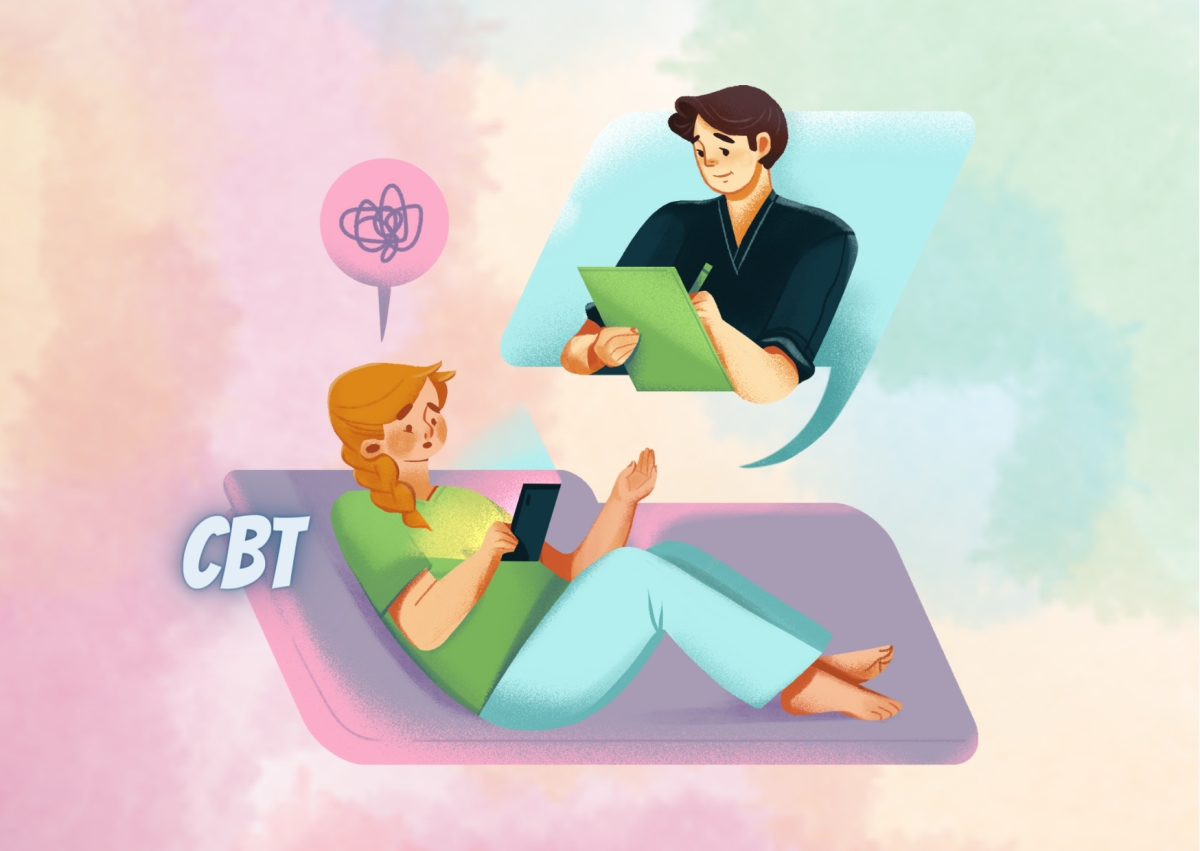CBT for Tinnitus
Tinnitus: What is it?
Tinnitus is the perception of sound in the absence of an external source. It is often described as a ringing, buzzing, hissing, or whistling sound in the ears, although people may also experience other types of sounds such as clicking, humming, or roaring. Tinnitus can be temporary or chronic and can affect one or both ears.
It can be caused by a variety of factors, including exposure to loud noises, ear infections, head and neck injuries, certain medications, and underlying medical conditions such as hearing loss, high blood pressure, and anxiety. Tinnitus can be distressing and disruptive to daily life, and there are various treatment options available depending on the underlying cause and severity of the symptoms.
When there is no external source of sound, tinnitus patients experience an internal sound in their ears, such as a buzzing or ringing. Up to 43.2% of people with tinnitus have hearing loss, however in the vast majority of cases, the etiology of the condition is unknown. Between 9% and 40% of people will experience the symptoms of tinnitus at some point in their lives.
Considering the prevalence of this condition, it is believed that 5% to 20% of people with tinnitus have a considerable impairment in their daily lives. Furthermore, studies have linked tinnitus to a range of mental health issues, such as anxiety, insomnia issues, depression, irritability, excessive worrying, and subjective distress.
Even if tinnitus is not interfering with their regular functioning, people with tinnitus may have these psychological issues.
Is there a cure or therapy for tinnitus?
Although there is no recognized treatment for persistent tinnitus, the condition can be controlled with a number of therapies. Tinnitus has been treated using a combination of audiologist treatment, pharmacological therapies such medications, and psychosocial interventions.
An efficient and scientifically supported method for assisting people to manage the auditory and psychological symptoms of tinnitus, including annoyance and distress, is termed Cognitive Behavioral Therapy (CBT), CBT for Tinnitus. For some of the mental health issues, such as anxiety, sadness, and insomnia that may co-occur with tinnitus, CBT is an evidence-based treatment option.
CBT
A form of psychotherapy known as cognitive behavioral therapy, or CBT, incorporates strategies and interventions from both behavioral and cognitive therapies. CBT, which has been thoroughly established in studies to address a variety of mental health difficulties, is regarded as having its origins with Dr. Albert Ellis. The fundamental tenet of CBT is that ideas, feelings, and behaviors are mutually reliant on one another.
When an external event (such as an interpersonal interaction) or interior event (such as a thought or mood) occurs, it is our own interpretation of the experience that leads to our response. According to cognitive behavioral theory, people could have false beliefs that can result in uncomfortable behavior patterns.
Suggestion for read: CBT for Issues With Anger Management

